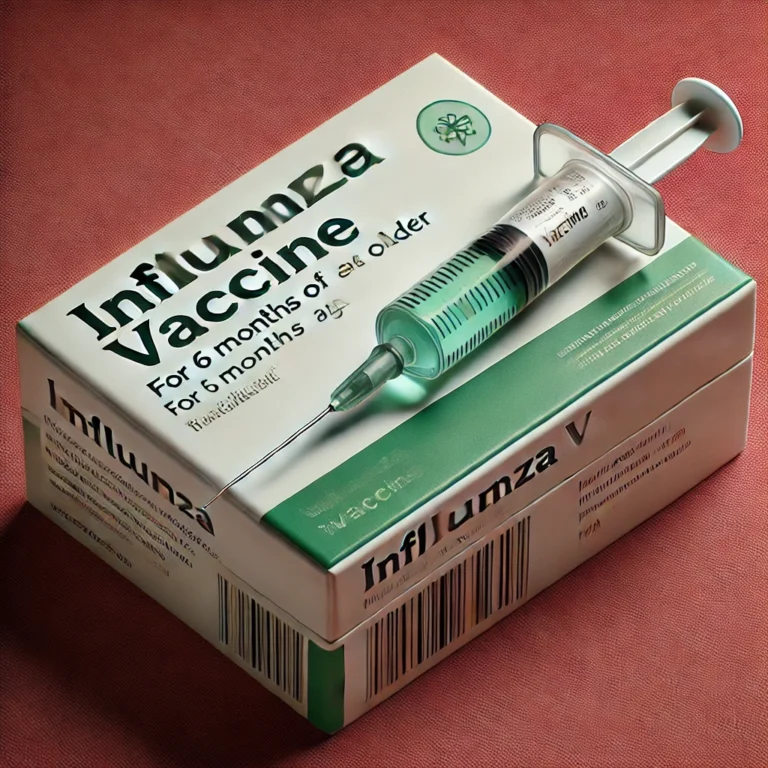High blood pressure, or hypertension, is a common health concern worldwide. It is often dubbed as a “silent killer” because it can lead to serious health problems like heart disease and stroke without any noticeable symptoms. While there are many risk factors associated with hypertension, certain ones are modifiable, which means they can be controlled or changed. By understanding these risk factors, you can take proactive steps to manage your blood pressure levels. This article outlines the modifiable risk factors for high blood pressure and offers expert advice on how to manage them effectively.
Unhealthy Diet
An unhealthy diet is a major modifiable risk factor for high blood pressure. Consuming foods high in saturated fats, trans fats, cholesterol, and sodium can raise your blood pressure levels. Experts suggest adopting a balanced diet rich in fruits, vegetables, whole grains, lean proteins, and low-fat dairy products. The DASH (Dietary Approaches to Stop Hypertension) diet is often recommended for people with high blood pressure.
Physical Inactivity
A sedentary lifestyle is another significant risk factor for hypertension. Regular physical activity can help lower your blood pressure and keep your weight under control. The American Heart Association recommends at least 150 minutes of moderate-intensity aerobic exercise or 75 minutes of vigorous aerobic exercise weekly.
Overweight and Obesity
Being overweight or obese increases your risk of developing high blood pressure. Maintaining a healthy weight is essential for blood pressure management. Weight loss, even a small amount, can have a significant impact on lowering your blood pressure.
Excessive Alcohol Consumption and Smoking
Excessive alcohol consumption and smoking can both raise your blood pressure and damage your blood vessels. It’s crucial to limit alcohol intake and avoid smoking to help manage your blood pressure levels. Smoking cessation support groups and treatments are widely available for those struggling to quit.
Chronic Stress
Chronic stress can contribute to high blood pressure by encouraging unhealthy habits, such as poor diet and alcohol use. Experts recommend practicing stress management techniques such as mindfulness, yoga, and deep breathing exercises to keep stress levels in check.
What Experts Say
Recognizing and managing these modifiable risk factors can have a substantial positive impact on your blood pressure levels and overall cardiovascular health. A healthy lifestyle, regular check-ups, and adherence to any prescribed medications are the cornerstones of high blood pressure management.












